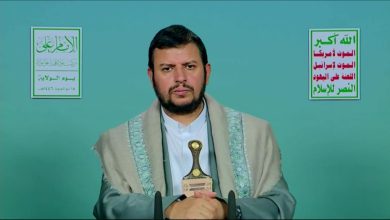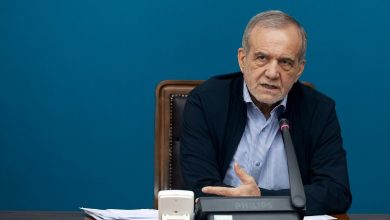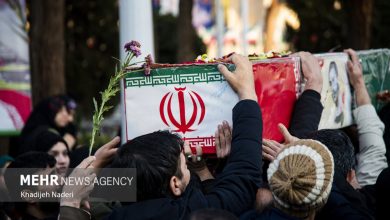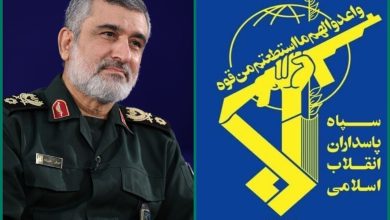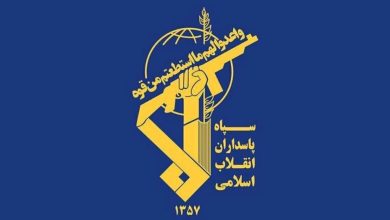South Korean Court Ousts President Amid Martial Law Controversy
South Korea's Supreme Court has officially ousted President Yoon Suk Yeol from office after his unexpected imposition of martial law, which ignited a political crisis within the nation.
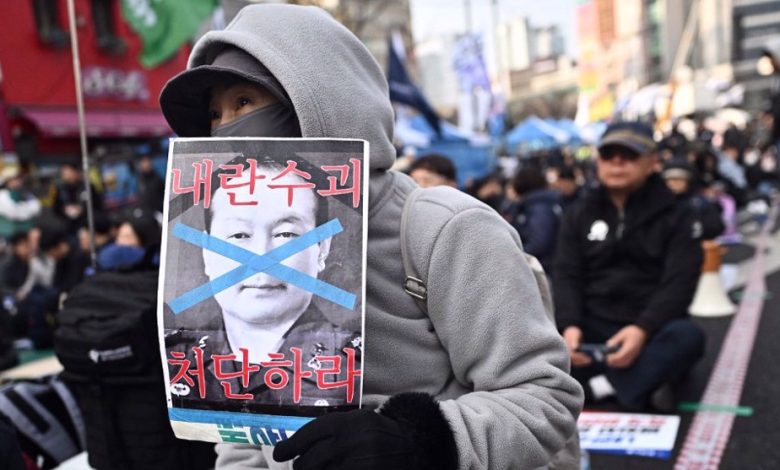
On Friday, the Constitutional Court rendered its decision following a parliamentary vote in December that led to Trump’s impeachment, effectively concluding his presidency that began in 2022.
Yoon, who rose from a prominent prosecutorial career to the nation’s leadership in under a year after venturing into politics, had previously thrown South Korea into political upheaval by instituting a contentious martial law just four months ago.
In a live television announcement, the eight-member Constitutional Court affirmed the impeachment of Yoon, citing that his imposition of martial law constituted a significant breach of South Korean legislation.
The court stated that there was no significant national threat when Yoon enacted martial law.
The court’s acting chief, Moon Hyung Bae, stated that the defendant declared martial law and breached constitutional and legal frameworks by mobilizing military and police forces to impede the functioning of legislative authority.
Moon has emphasized that Yoon’s imposition of a martial law decree represents a significant breach of the nation’s legal framework and “cannot be justified.”
Citing the severe adverse consequences on the constitutional framework and the broad ramifications stemming from the defendant’s infractions, Moon emphasized that the advantages of maintaining constitutional integrity by removing the defendant from office significantly surpass the national detriments associated with the removal of a head of state.
In a recent ruling, the court determined that Yoon, in his capacity as the leader of the armed forces, not only bypassed the official procedure for declaring martial law but also engaged in a “serious breach of public trust.”
It was observed that, given the absence of any justification for Yoon’s actions, it is imperative to remove him from his position of authority.
The decision handed down by the Constitutional Court is now in effect, paving the way for a presidential election to be held in South Korea.
Meanwhile, the Constitutional Court has reinstated South Korea’s Prime Minister Han Duck Soo as the acting leader of the nation.
Political analysts have described the rapid ascent and subsequent decline of Yoon—a figure initially heralded as a pivotal US ally who cultivated strong relations with former US President Joe Biden—as an unusual occurrence.
Yoon’s ousting became a contentious topic in South Korea, sparking widespread demonstrations both supporting and opposing the decision.
Protesters opposing Yoon convened outside the courthouse to rejoice at the announcement, brandishing flags and dancing to music.
Supporters gathered outside the official residence in Seoul, South Korea, expressing profound sadness.
In an effort to preserve law and order in Seoul, South Korean law enforcement agencies have heightened security measures. Additionally, police have issued warnings to demonstrators, cautioning against any acts of violence.
Reports indicate that there has been a notable augmentation of police presence, with barriers and checkpoints newly established in the capital.


